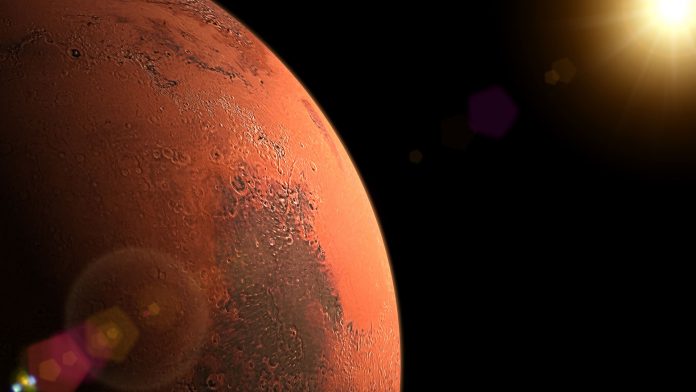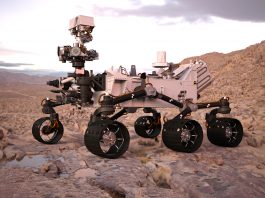NASA’s most advanced rover touched down on Mars yesterday after a 203-day journey traversing 293 million miles (472 million kilometres).
The mission to transport the advanced rover began on 30 July 2020, from Cape Canaveral Space Force Station in Florida. The Perseverance rover mission marks an ambitious first step in the effort to collect Mars samples and return them to Earth.
Acting NASA Administrator Steve Jurczyk said: “This landing is one of those pivotal moments for NASA, the United States, and space exploration globally – when we know we are on the cusp of discovery and sharpening our pencils, so to speak, to rewrite the textbooks. The Mars 2020 Perseverance mission embodies our nation’s spirit of persevering even in the most challenging of situations, inspiring, and advancing science and exploration. The mission itself personifies the human ideal of persevering towards the future and will help us prepare for human exploration of the Red Planet.”
The 1,026 kilogram robotic geologist and astrobiologist will undergo several weeks of testing before it begins its two-year science investigation of Mars’ Jezero Crater. The rover will investigate the rock and sediment of Jezero’s ancient lakebed and river delta to characterise the region’s geology and past climate. A fundamental part of this mission is astrobiology, including the search for signs of ancient microbial life. To that end, the Mars Sample Return campaign, being planned by NASA and ESA (European Space Agency), will allow scientists on Earth to study samples collected by Perseverance to search for definitive signs of past life using instruments too large and complex to send to the Red Planet.
Thomas Zurbuchen, associate administrator for science at NASA, said: “Because of today’s exciting events, the first pristine samples from carefully documented locations on another planet are another step closer to being returned to Earth. Perseverance is the first step in bringing back rock and regolith from Mars. We don’t know what these pristine samples from Mars will tell us. But what they could tell us is monumental – including that life might have once existed beyond Earth.”
Equipped with seven primary science instruments and its complex sample caching system – the first of its kind sent into space – the advanced rover will scour the Jezero region for fossilised remains of ancient microscopic Martian life, taking samples along the way.









